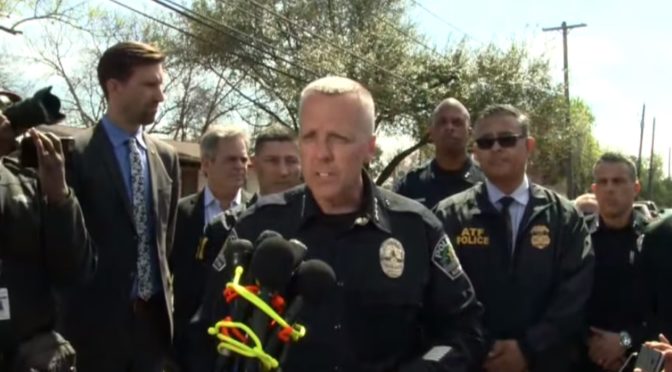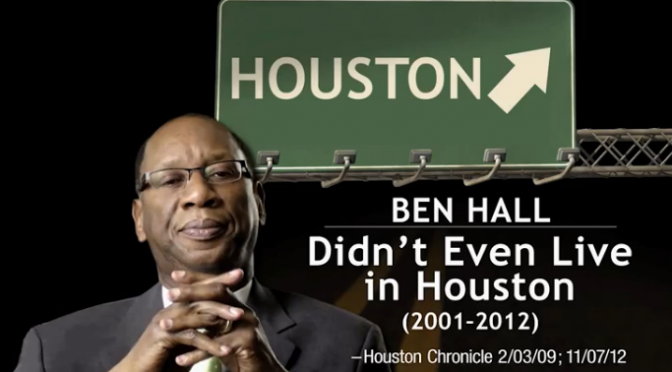Austinites Search For Answers Amid Serial Bombing Threats
No matter how different the lives of Texans may be, safety is a concern which all of us share. We all want to live in safe cities, and not have to be constantly worried about major threats.
But unfortunately for the great citizens of Austin, one bad actor is causing much concern. Since March 2nd, a … Continue Reading ››

